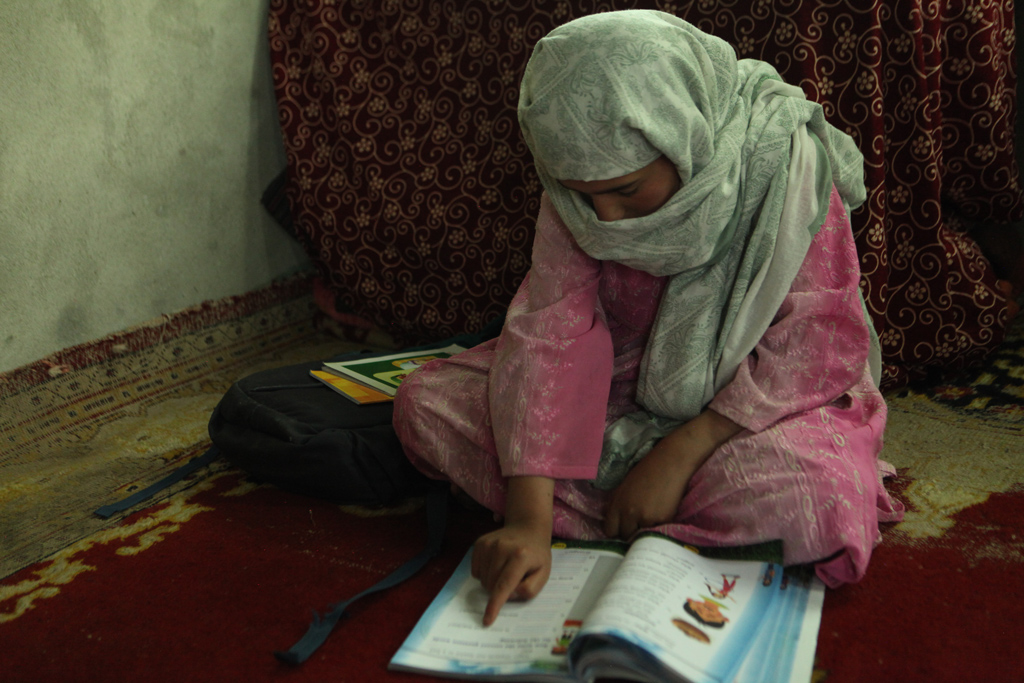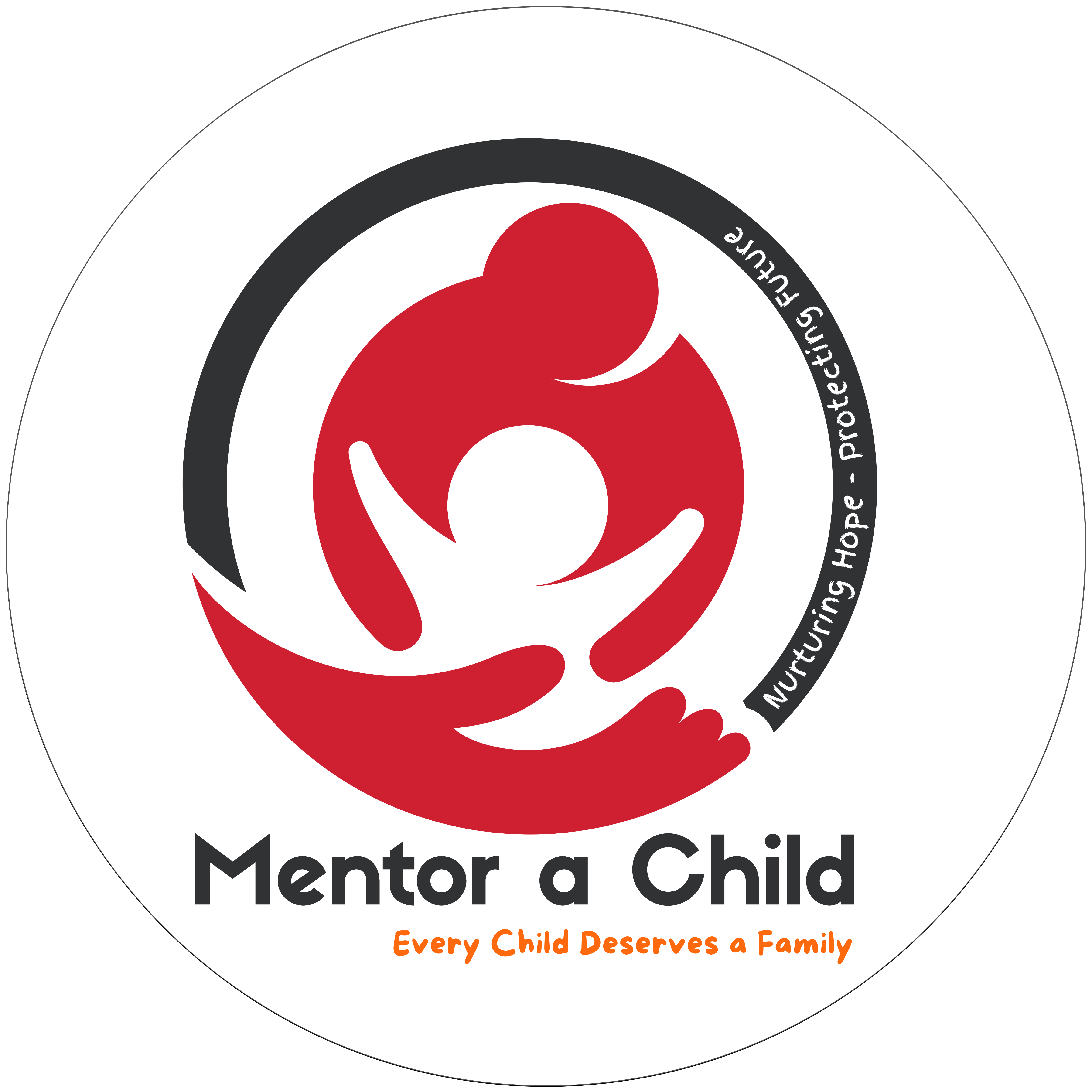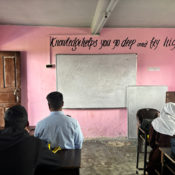
Forgotten by the System
A grandparents’ battle for their grandchildren’s future
In the quiet of a lane off the highway in a small village in south Kashmir, behind a rusty iron gate and a muddy courtyard, is a small two-room house where hope and hardship live together. It is here that Ghulam Qadir Hajam and his wife Noor are raising their grandchildren – Ameena (Name Changed), 13, and Nayal (Name Changed), 8, on nothing but love, determination, and the withering energy of their advanced age.
Their son, Ghulam Nabi, died during the COVID-19 pandemic. He left two young children and a widow behind. His wife remarried shortly after and moved to another village, leaving the children behind. “From that time on, they are our children. We have done what we could. But age does not wait, and neither does poverty,” says Ghulam Qadir.
Ameena is a shy seventh-grader who walks daily to the nearby government school, often in patched shoes and borrowed textbooks. Her second-grade brother Nayal, wide-eyed and still confused, has not yet understood why their mother is not coming. They quietly sit in back rows at school, not drawing attention to themselves. Teachers say both are good-natured and keen on learning but obviously burdened. “They would not attend school,” Noor recalls, her eyes full but not closed. “They were ashamed. Other kids had lunch boxes and good uniforms. Our kids had nothing.”
A small intervention came next – some stationery, pens, and uniforms, courtesy of an NGO in the neighborhood, Human Welfare Voluntary Organisation (HWVO), which worked alongside the Yateem Foundation to dispense instant relief. It was sufficient to put them back in school – temporarily. The grandparents’ day begins at sunrise in their household. Noor boils tea over a wood fire, and Ghulam Qadir sweeps the courtyard. They feed the children before they go to school, even if it means they skip meals.
There is no regular income for the household. Ghulam Qadir, once a barber, now suffers from chronic backaches and impaired vision. His gear remains in the corner of the house, coated with dust. “We have sold almost everything we had – so that the children don’t feel excluded,” he says, holding a photo of his late son. “But it is getting harder now. I am concerned about what will happen to them when we are gone.” Noor, adopting a maternal tone now instead of on grandmotherly terms, informs us, “We don’t want them to be beggars or dropouts. We just want them to study, have a future. We are living for that.”
Shabir Ahmad Mir, a case worker at HWVO, has been tracking their progress. “When I visited for the first time, it was heart-wrenching,” he says. “The children were timid. The grandparents sold utensils just to buy notebooks.” Although linked to charity support, their donation arrives sporadically. “It’s not enough. Not when you are raising two children with school needs, food, clothing, and medicines,” Shabir says.
According to UNICEF, more than 29 million Indian children are orphaned or vulnerable.
In conflict-ridden areas like Kashmir, where institutional assistance is shaky at best, families like this one are generally unseen – until they break. As Kashmir emerges from its many crises, the personal suffering of families like Ghulam Qadir’s generally slips through the gaps.
Their story is not a story of loss, but of quiet everyday courage. It is a story sewn together by two worn-out hearts that won’t give up, even when the numbers shout that they must.
They are not asking for much. Only help for school books, clothes, daily meals.
While Noor works in the kitchen, Ameena reads from an Urdu book and Nayal makes letters in the dust outside. “They should have a childhood,” says Noor, swatting a fly off her grandson’s cheek. “If someone somewhere can assist, we will never forget.”


